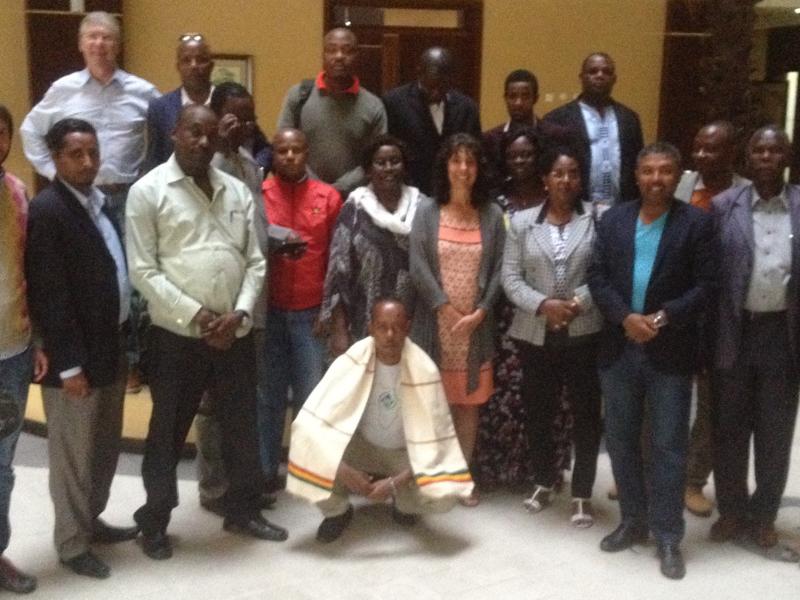BRT is a transport model that aims to improve existing city transportation systems – with the use of dedicated lanes and other technical and organisational improvements. The World Bank and other international financial institutions often finance BRTs, on condition that governments involve private companies.
Over three days in Rio de Janeiro, trade unionists from eight countries in Africa and Latin America had a tour of the nerve centre of Rio’s BRT system and shared experiences of organising in Brazil, Colombia and South Africa.
Some unions reported positive impacts, such as shorter working hours, fewer assaults on drivers because they no longer handled fares, and less congestion. But the evidence from Colombia was that BRT drivers earned less, many jobs had gone, there were health and safety issues, and too many different operators were involved.
They agreed that unions should strengthen organising and bargaining in BRT, share information and develop collective organising strategies, and recommended that the ITF should help its affiliates to get involved at all stages of the BRT project cycle and to ask the right questions.
Asbjorn Wahl, chair of ITF urban transport committee and climate change working group, said: “We support organisational and technological developments in society. BRT systems, correctly developed, can contribute immensely to improving cities’ public transport – but only if their benefits are shared between workers, users and society.
“Today there are winners and losers, mainly because of the dominant neo-liberal socio-economic model under which BRT is being developed. This is a great challenge for trade unions and we must insist on defending the interests of informal and formal workers who lose their jobs. In a planned transformation, we can do this. But left to the free market, these interests will not be looked after.”




